The Felty family has strong agricultural roots in rural Jackson County. Keeff is the fourth generation to carry their agricultural legacy that began when his great-grandfather and great-grandmother received a quarter section of land in Olustee as a wedding gift from her parents. Keeff’s grandfather and father were both born on that same section. They would all be quite proud of the legacy they began as the operation has grown and changed over the years.
Keeff’s grandparents moved to Altus in the late 1940’s and expanded their farm. His father returned home after college and devoted his life to farming and advocating for cotton producers in Oklahoma and across the country. Today, Keeff farms 5,000 acres in Jackson county, including his great-grandparents’ land in Olustee that started it all.
Spend a little time with Keeff and it is clear that he is passionate about technology and making his operation more efficient.
“We could not farm the way we do today without technology. While it’s expensive, it’s necessary to do what we do.” Keeff said.
When you consider the fact that his dad did not have running water until he went to college in 1960, and his grandparents didn’t have it until moving to Altus in 1965; the technology Keeff uses on the family farm is astounding.
“When I was growing up we would plant about 25 pounds of seed per acre. Now, with vacuum planters, and seed metering technology we have today, we plant so many seeds per foot.” Keeff said. “With the sub-inch RTK GPS, I can put this year’s seed between last year’s stalks.”
Being able to closely monitor inputs is essential to staying in operation. Another essential, especially in the current severe drought, is crop insurance. And even with the insurance, producers have to be careful.
“In the drought, our yields have dropped so low that you have to watch your inputs. You can exceed your insurance quickly.” He said. “The insurance works. It’s not just a handout. There are premiums, and real, enforced rules. It is geared to produce, because every time you have a bad year, your premiums increase.”
Unlike almost all other industries, farmers do not get to set their own price for their goods. Farmers across the country sell their product at the market price for their particular commodity, regardless of what their input costs are.
“You never know what your harvest is going to net until you get it in the elevator. And at that point, you are in essence competing with everyone else who grew that crop in the world.” Keeff stated.
“We have a certain standard we have chosen to hold American producers to, to protect our soil, water and air; and it’s naive to think other countries do the same. Do we want to rely on them for our food?” He questioned.
Because farmers and ranchers like Keeff are willing to devote their lives to producing our nation’s food and fiber, others are able to pursue their dreams without having to worry about growing their food for each meal.
Keeff concluded, “Me doing what I do allows other people to not be forced to do it. It frees them up to focus on what they are good at and what they enjoy.”
Hear Keeff talk about his wheat crop and the drought in Southwest Oklahoma with Oklahoma Farm Bureau’s Director of Corporate Communications Sam Knipp, here.
